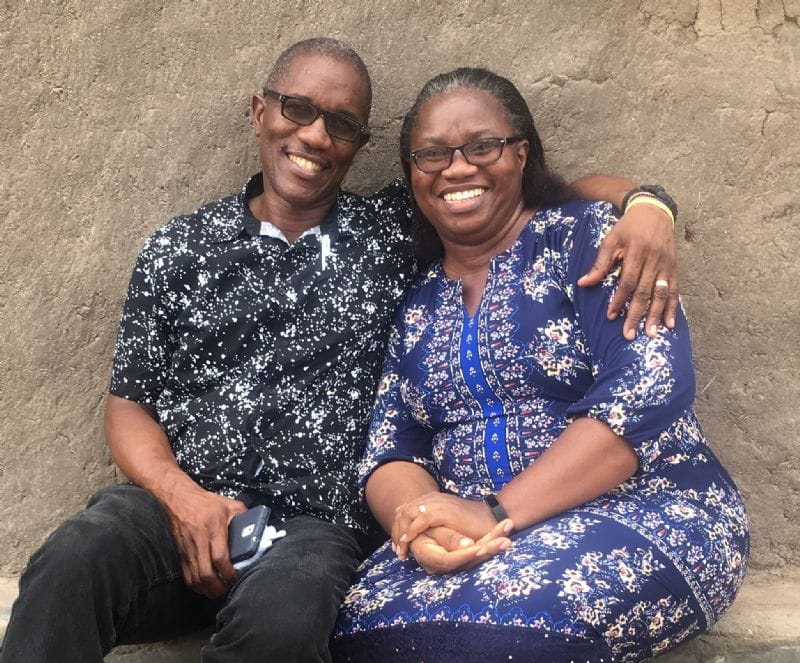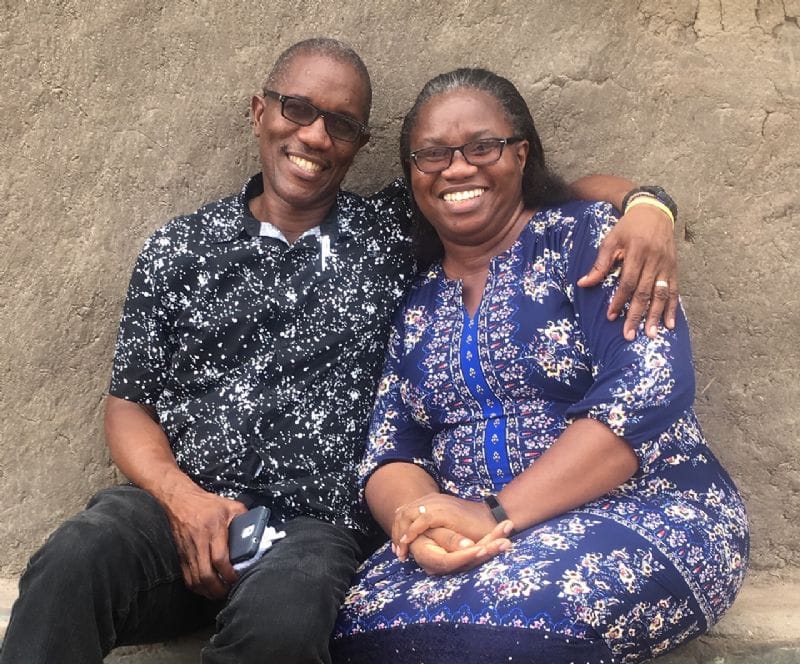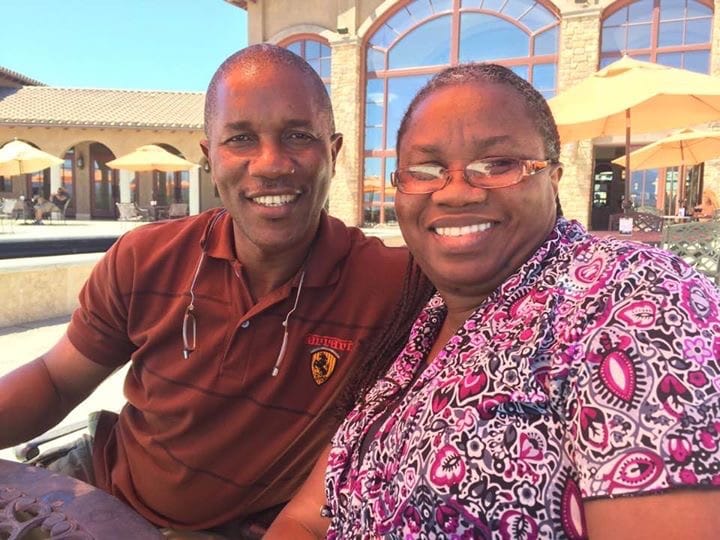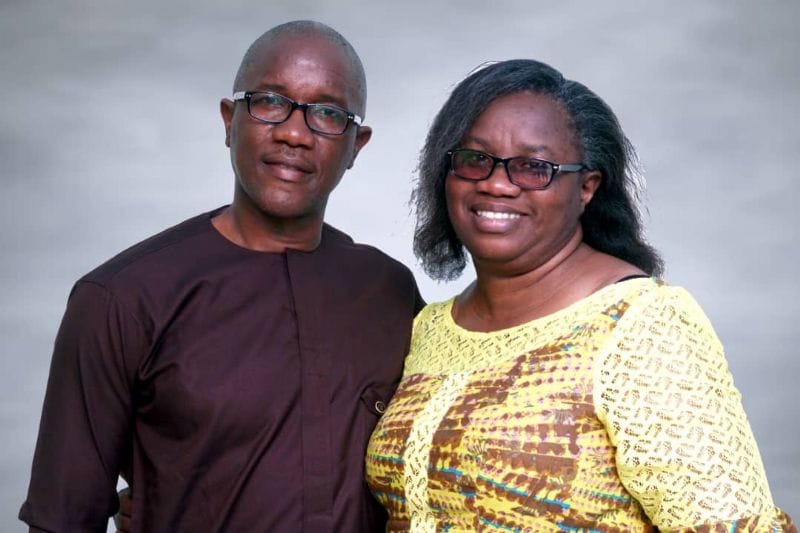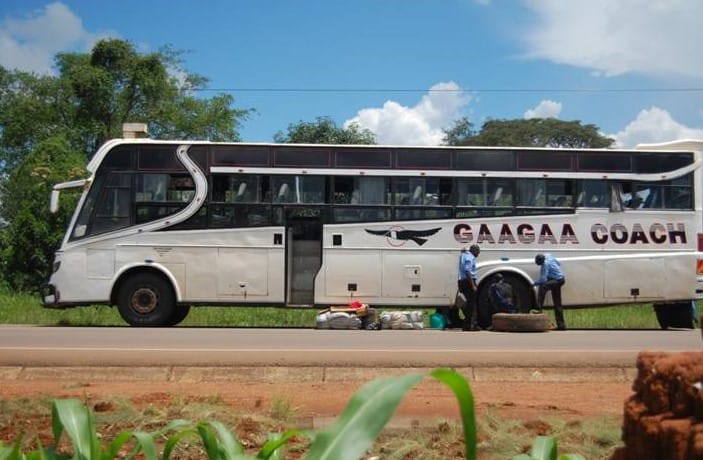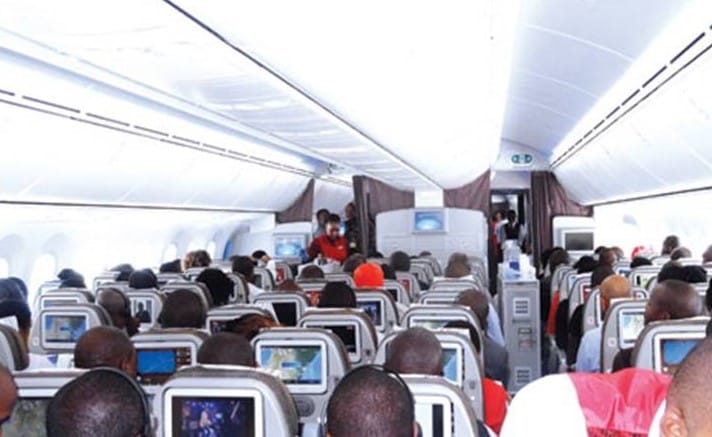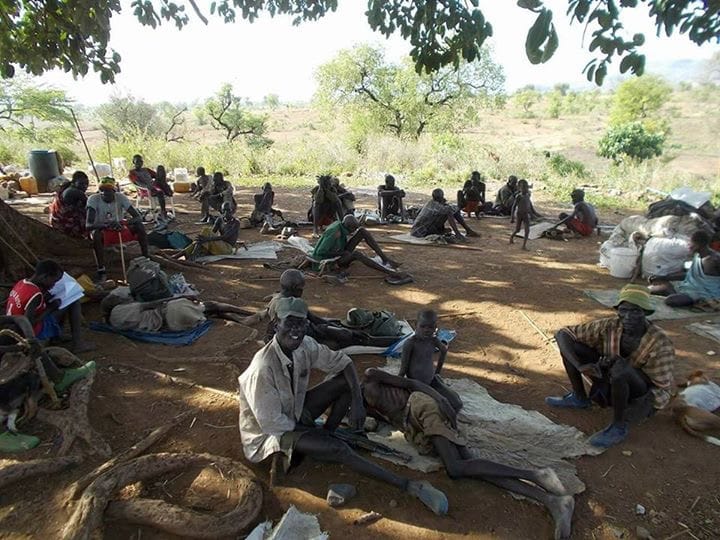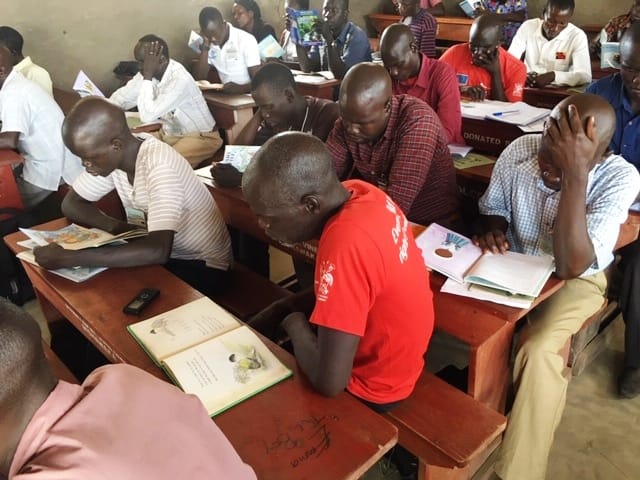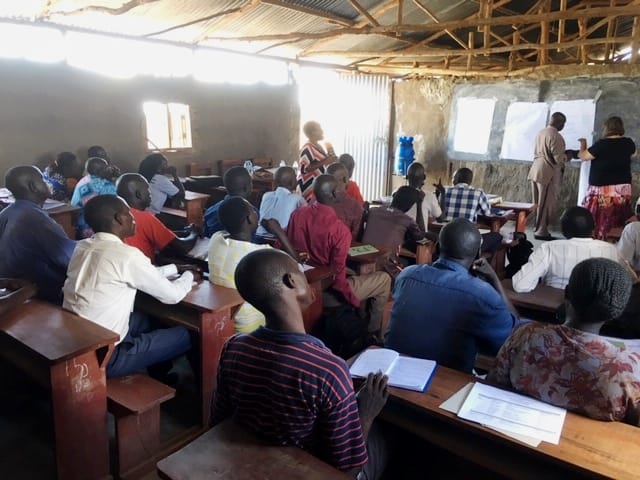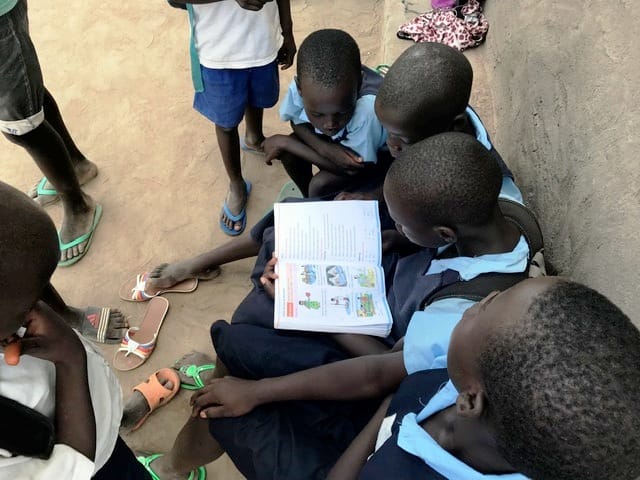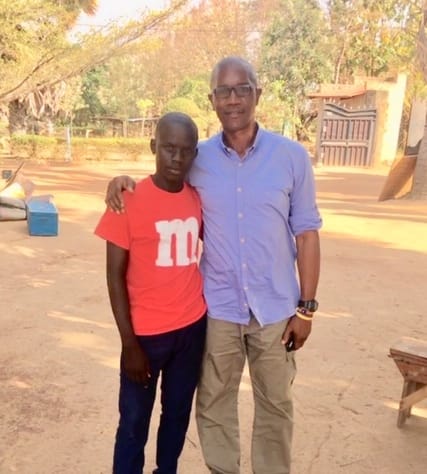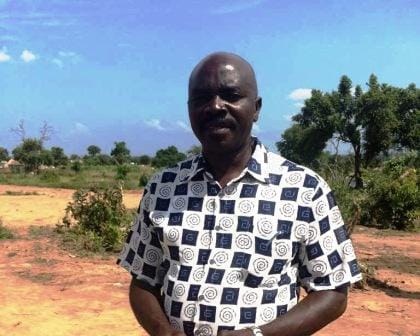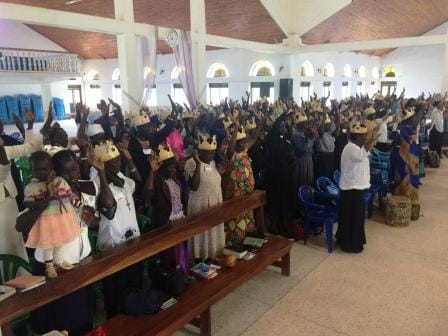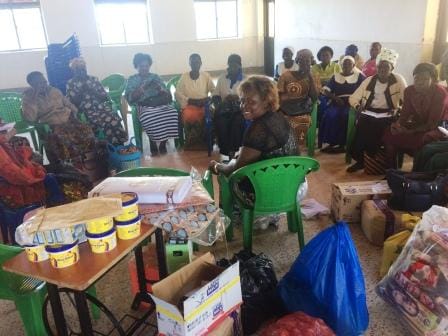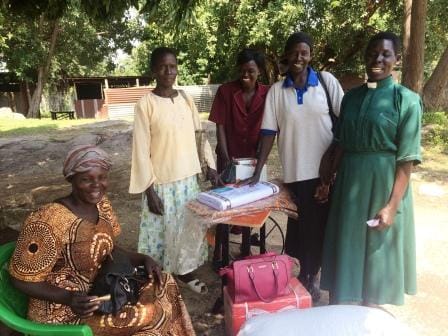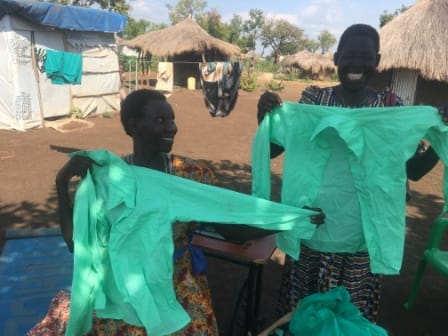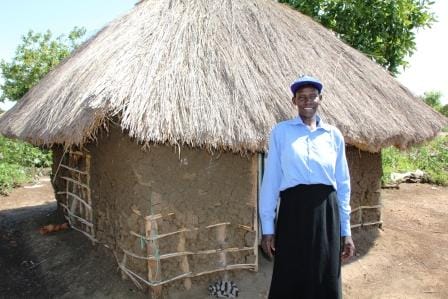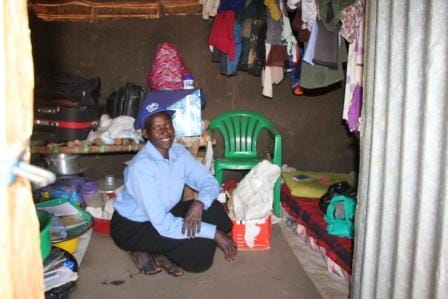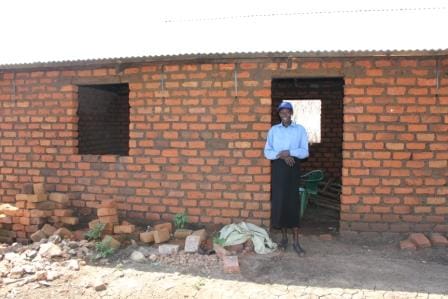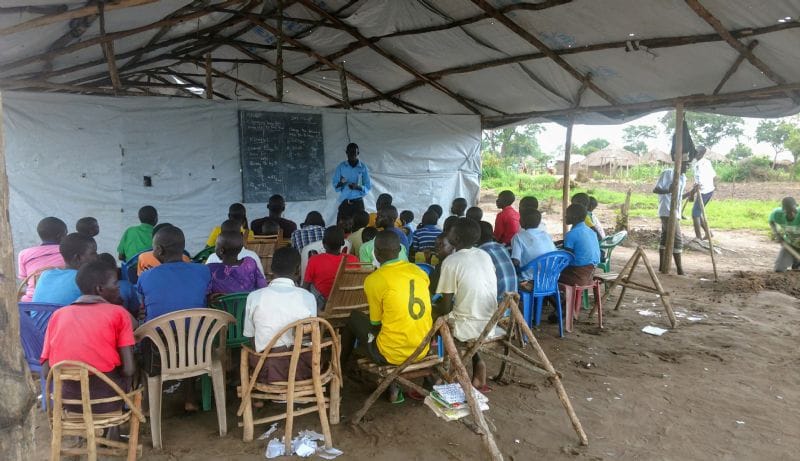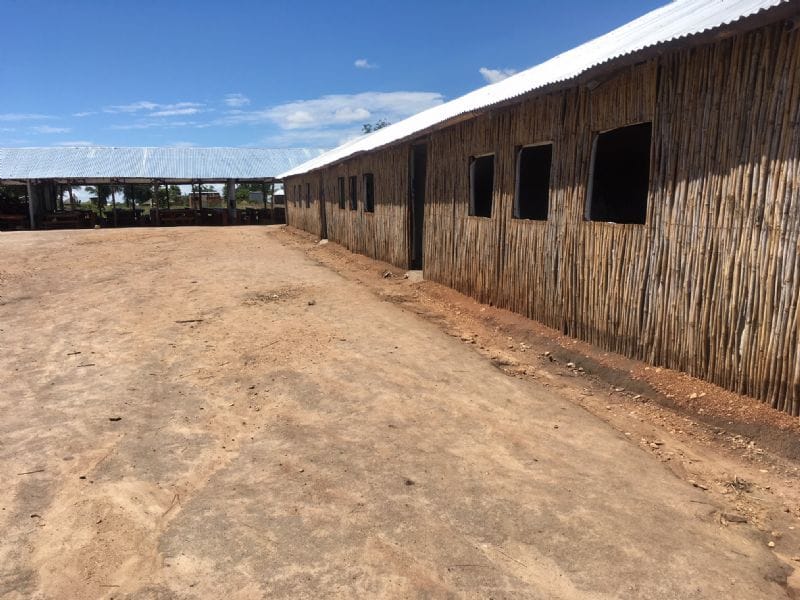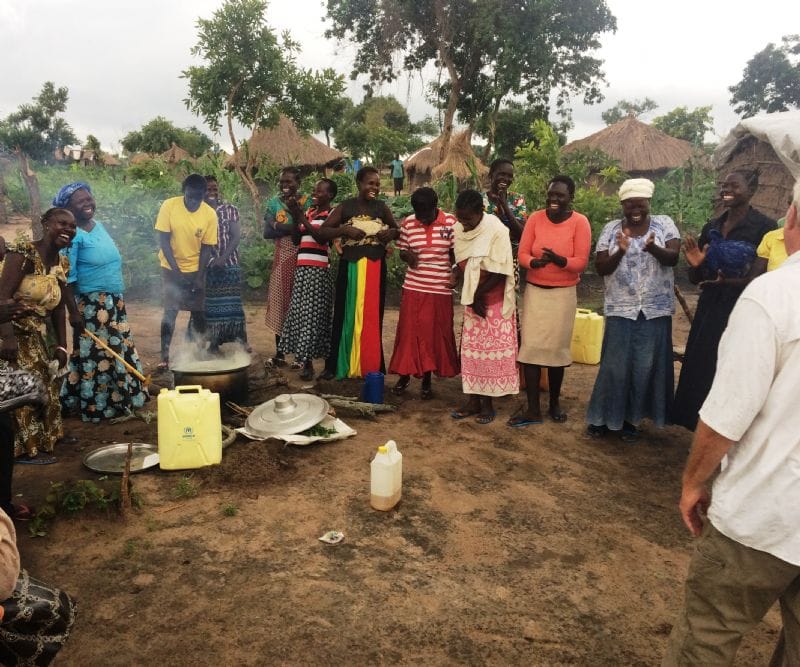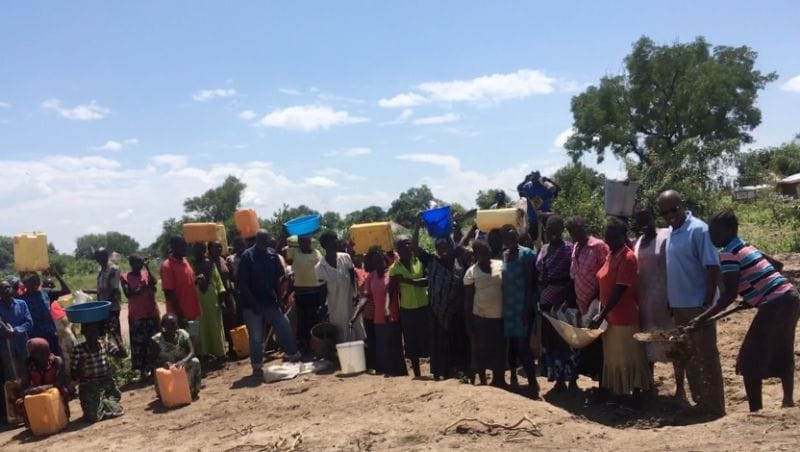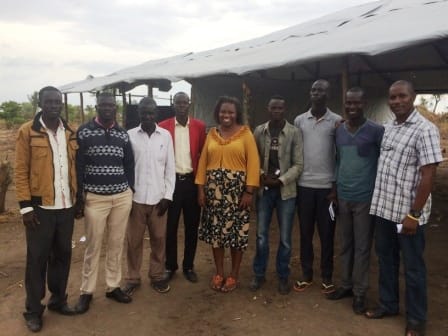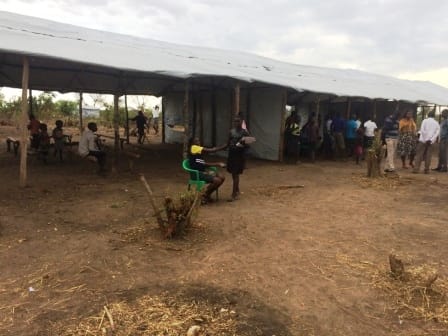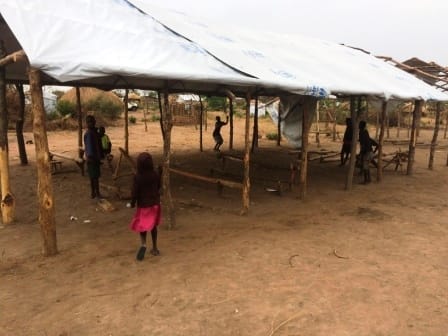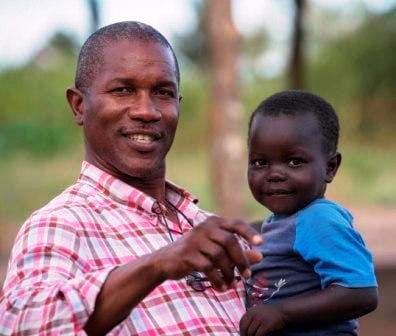It’s very heartbreaking to see how some people seek power over other people in a desperate attempt to fulfill themselves and their wishes. I’m deeply saddened by the wanton loss of lives and properties by many people on account of the unspeakable crimes committed by Fulani herdsmen in many parts of Nigeria today.
While horrifying and tragic videos and pictures circulate the social media; I observe in shock, how those mandated with the greatest jobs on planet earth – PREACHING THE GOSPEL and MAKING DISCIPLES, are responding to this challenge.
The kind of hate-filled prayers and messages flowing from many celebrated pulpits and personalities on account of this and other national issues is alarming. I’m deeply stirred again, as these waves of distraction slam and swing the church in Nigeria from pole to pole. The latest is this menace of marauding Fulani herdsmen in several places.
Do you see the distractions? Yes, I call them grand distractions, carefully orchestrated by the enemy to keep us occupied. I’m persuaded to sound an alarm from this platform, peradventure someone would hear, wake up and respond more appropriately.
For almost two decades now, the “fall and die” prayers against the enemy, has swept through the church here like wildfire as all manner of witchcraft-like practices have penetrated our ranks in many assemblies. Sadly, we’ve exported much of it too.
Since we can only bind or cast out demons and not kill them, our frustrations are often expressed via ridiculous prayers targeted at real or imagined persons somewhere, whose acts or words are products of ignorance demanding forbearance or forgiveness. To celebrate when the targeted “enemy” dies in their sin or is overtaken by some mishap is shameful and totally unchristian.
Aren’t we being deceived into believing that God is always obliged to do whatever we ask; even things devoid of His character and mock His wisdom?
We’ve become obsessed with seeking retaliation (back-to-sender) instead of retributive justice where necessary. These two seem similar but are radically different from every point of view. While punishment is their end result, the purpose and process often differ. Revenge is not the Kingdom way of response to aggression or evil done to us.
If we want retributive justice, let’s go to the courts of law, the instituted justice system of the land. We also have the option of grooming and supporting proven brethren that will boldly uphold the truth in the very dark political arena in this country. Isn’t the gross cowardice in the camp of believers in government today in Nigeria appalling?
If we want revenge, we must leave it to God. In Deut 32:35; Romans 12:19; Heb 10:30, God says “Vengeance is mine, I’ll repay…”
But why don’t we want to leave it to Him? Could it be because we don’t trust He’ll defend us? Could it be that we disapprove of His style of justice, which sometimes blesses those we want Him to curse? Could it be because He takes a long time so we take over and make it happen instantly? Or could it be because we are so blinded by our hate that we switch off the call to caution, the command to forgive, and the call to endure all things for the gospel’s sake?
Some are employing other means such as boycotting beef and beef products to express their deep dissatisfaction and protest against the Fulani. Whatever we do, we must not let bitterness and hate pollute the mind of Christ, our priced possession.
There’s something about revenge that’s very alluring and relieving to our base nature. I’ve felt and tasted it. At its core, it’s ugly, very addictive to the flesh, and destructive to the soul.
Our sufferings, pains, and cares should never upstage the objective of the gospel we are called to bear to the Fulani and the nations. If God gave His Son for the souls of those that killed Him, nothing and no one can be too precious to suffer or even die for the same purpose.
We cannot fight hate with hate. We must respond with the opposite spirit. That’s what Jesus modeled. Anything else is not the Kingdom way. No matter who’s preaching it. The gospel, wrapped in love, is and will always be the power of God unto salvation. Let’s show it! Let’s produce proofs and see if God will fail us.
It’s important to underscore the fact that the Sermon on the Mount wasn’t preached to the multitudes, it was and still is meant for disciples. The multitudes remained in the valley and will always seek the cozy confines in the plains and broadways. Matt 5:1; 8:1.
Let the dead bury their dead, but we have no options with following our Master. Matt 8:21-22 carries profound instructions for us today.
I don’t expect the non-believers who’ve been affected by these despicable crimes to turn the other cheek. Neither do I expect believers to attempt rationalizing what exactly it is Jesus is commanding His followers to do. It’s a new order, a radical one at that. We may not like it but that’s His way.
There’s no cherry-picking on the realities of this new paradigm. We must realize now that more intense persecutions are coming on account of the Name we bear, we need to brace-up for the inevitability of the enemy’s push to delay and deny the Son His due. Jesus said we should expect it! (Matt 24:1-14) But it’s in the midst of the aggressions and killings that this gospel of the Kingdom will be preached! Matt 24:14
Some say, “…defend yourself…” I ask, with what?
Seeking comfort by not enlisting in this war is tantamount to rebellion. Sin and wickedness are abounding and the love of many is waxing cold. Wake up brethren and reset your clock. The war is on! Wake up to the call to prayer, to the call to march around this Jericho, not with guns and machetes, bows and arrows, but with a defiant and furious love that surrenders to God, the Almighty. If He can’t defend us, or isn’t defending us now, any and every attempt to help ourselves outside constituted law won’t further His causes. But He’s able and willing to save to the uttermost…. Hebrews 7:25 Hallelujah!
This article will get the flak of some brethren whose nerves are flared to great extremes. I feel you, please bear with me. Let’s step back a bit and ponder; which prayers do you think God will approve, one calling for the annihilation of the Fulani herdsmen or one crying for their salvation?
There’s a great mission initiative in Nigeria pioneered by an Organization I’ll not mention here, that’s laboring hard for the salvation and discipling of the Fulani people. Their hands and hearts should be strengthened at this time and not weakened by hateful speeches and careless comments against the priced jewels.
Ruled by our flesh, we’ll find enough legitimate reasons to always hate people, whether they are Fulani herdsmen, Boko Haram, disagreeable neighbors, envious co-workers, irresponsible and wicked bosses… people in government… But the Lord commands us to love and pray for our enemy Matt 5:43-45. He says, “Take my yoke upon you. Let me teach you, because I am humble and gentle at heart… He never sinned, nor ever deceived anyone. He did not retaliate when he was insulted, nor threaten revenge when he suffered. He left his case in the hands of God, who always judges fairly”. (Matt 11:29; 1Peter 2:22-23 NLT)
These are hard matters of our faith for those willing to tread the narrow way. It’s far too easy to hate and feel resentment for others than forgive and show strength of character. Never will the wrath of man produce the righteousness of God.
Wake Up Church! Open your heart to the real issues of the hour.
We are being ensnared by our shriveled hurts to the detriment of our core essence. That’s exactly what the devil wants. The messages flying the social media calling for retaliation and the destruction of others at variance with us is not from God. He does not desire the death of the wicked but their salvation. To come before Him in prayer seeking the death of another man for whatever reason is an abuse of the privileged access we have into the Throne Room.
If the entire 20-25million Fulanis in the world migrate to Nigeria to fight for land for their cattle, are we prepared or should we be prepared to share the gospel with them? Our weapons of war are not carnal 2Cor 10:4-5, we quote that text but our comments and attitude suggest otherwise.
How will you treat a Fulani man who walks into your church today? Will you receive him warmly, flee from him, threaten… kill him…? Do we hate them? Can the gospel thrive in our lips with hate in our hearts? Are we really mission-minded or comfort-minded? Are we driven by love or ruled by fear?
Wake Up! Wake Up to the real war, the war against the powers of darkness for the unreached and least-reached peoples. This war cannot be won with bitterness and the cry to eliminate those we are sent to reach. Who then will go to them? Who will send those willing to go? Who will support the efforts of those who have already gone? If we are beclouded by bitterness and hate, what will be our message?
Wake up, brethren! Let’s begin by falling on our faces in repentance and begging the Lord to forgive us and find us useful again for His purposes today. Let’s repent of the hate we feel and the bitterness we’ve spoken and sown in the hearts of simple souls among us. Let’s repent of our love for comfort, which has scuttled our spiritual influence over the nation. Let’s return to the core essence of our existence as the Body of Christ, the militant force pursuing God’s singular quest for global worship on earth.
Let’s move from our ever predictable reactionary responses to well thought-out proactive strategies anchored on the fear of God and love for fellow men.
I’m by no means unmindful of the many widows, orphans, and widowers among us now on account of the wickedness of some in high and low places. I’m concerned though, that we’ve stepped too close to one tree and lost sight of the forest, the harvest, the heart of the matter.
If God gave up His only begotten Son for our salvation, what will be too great for Him to give up so that His Son can get what He died for? Will our lands and properties be too great for Him to give up? Will defending our lives and our pieces of stuff guarantee our possessions in heaven?
Most High God, please forgive our detractors and cause your light to shine among them. We are that light! Help us see that Your love is the only way to win our foes to you. Lord, if You’ll bring the Fulani herdsmen to us, to wake us, to force out and thrust laborers into Your harvest, do it! Please help us to bring closure to Your Commission in our day, so that Your Son will get what He paid for 2000 years ago, in Jesus name! Amen!
